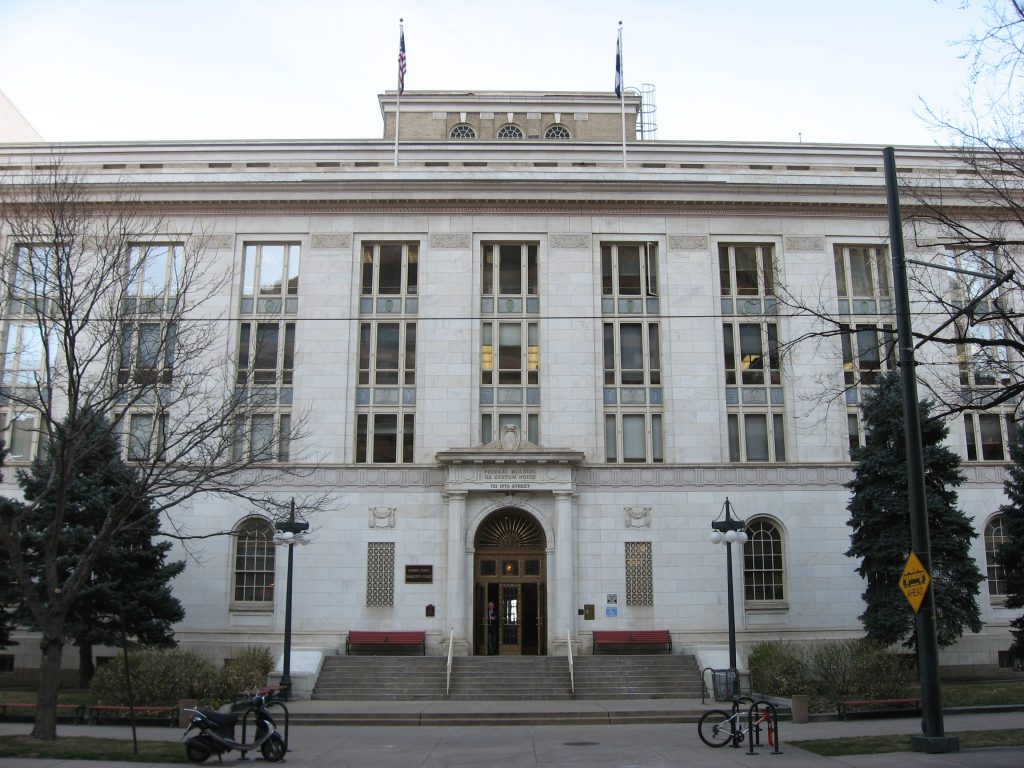 Filing for bankruptcy can be an overwhelming experience. Many disclosures must be made, and failing to do so can have severe consequences for other legal matters. For example, what happens if you are involved in a personal injury lawsuit after filing bankruptcy? Must you disclose that claim to a bankruptcy court? The following lawsuit out of Louisiana answers that question and shows the consequences that can flow from the failure to disclose.
Filing for bankruptcy can be an overwhelming experience. Many disclosures must be made, and failing to do so can have severe consequences for other legal matters. For example, what happens if you are involved in a personal injury lawsuit after filing bankruptcy? Must you disclose that claim to a bankruptcy court? The following lawsuit out of Louisiana answers that question and shows the consequences that can flow from the failure to disclose.
Helen and Robert Allen (HA) filed for Chapter 13 bankruptcy in 2009. In the five years, the court administered the HAs’ bankruptcy case, the HAs amended their case three times—one year after filing their initial bankruptcy case but before the three amendments. In 2010, Helen filed a personal injury lawsuit that alleged she was seriously and permanently injured when the stool she sat on broke apart.
The defendants in her personal injury case filed a motion for a summary judgment seeking to dismiss Helen’s lawsuit because they contended that HAs didn’t disclose the existence of the filing in their bankruptcy. Moreover, they argued the court should prevent HAs’ personal injury claim from proceeding based on judicial estoppel because HAs did not disclose the lawsuit to the bankruptcy court.
Judicial estoppel is a common law concept that stops a litigant from taking divergent positions in a lawsuit. Superior Crewboats Inc. v. Primary P & I Underwriters. The purpose of the judicial estoppel tenet is to protect the integrity of the judicial process by stopping litigants from choosing whatever fits their needs at the time when dealing with the court. In re Coastal Plains, Inc. Judicial estoppel has three elements: 1) a party must assert a legal position that differs from one previously argued; 2) a court has adopted the position urged by the party; and 3) the party acted purposely. See: Flugence v. Axis Surplus Ins. Co.
The Court found that HAs never disclosed their personal injury claim to the bankruptcy court, even after having amended their Plan three times. The Court noted that HAs had an affirmative duty to disclose their lawsuit to the bankruptcy court. Instead, they impliedly represented that they did not have another claim. The court reasoned this inconsistency satisfied the first element of judicial estoppel.
Next, the Court found that because HAs’ didn’t disclose their injury lawsuit, this led the bankruptcy court to believe there was no other claim. The court reasoned had the bankruptcy court known about the separate lawsuit, they may have changed their decision. HAs’ failure to disclose led to the bankruptcy court’s acceptance, satisfying the second element for judicial estoppel.
Finally, the Court found that HAs were motivated to conceal their personal injury claim because of the potential financial benefit that would result. The HAs claim they were unaware of the personal injury claim when they filed their initial bankruptcy petition because Helen was injured after the filing. However, the Court pointed out HAs amended their bankruptcy Plan three times after Helen was injured. This would have given them sufficient opportunity to disclose their personal injury claim to the bankruptcy court. However, they failed to do so. Therefore, HAs had a motivation for concealing their personal injury lawsuit. Consequently, the Court reasoned the third element of judicial estoppel was satisfied.
In this case, the court dismissed HAs’ personal injury claim without prejudice, applying judicial estoppel and allowing a trustee to pursue the claim if HAs’ bankruptcy case is reopened within a reasonable time. Judicial estoppel works in this case to ensure that everyone involved (courts, plaintiffs, defendants, creditors, debtors, trustees) has all the information necessary to go forward with their claims and defenses in their respective lawsuits.
Additional Sources: Allen v. C & H Distrbutors, L.L.C.
Written by Berniard Law Firm Blog Writer: Elsa Swailem-Gamez
Other Berniard Law Firm Articles on Bankruptcy and Personal Injury Lawsuits: Prior Bankruptcy Nearly Prevents Shreveport Man from Filing Personal Injury Case
 Louisiana Personal Injury Lawyer Blog
Louisiana Personal Injury Lawyer Blog

